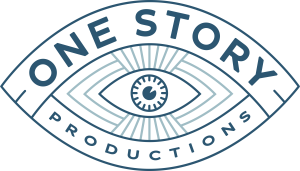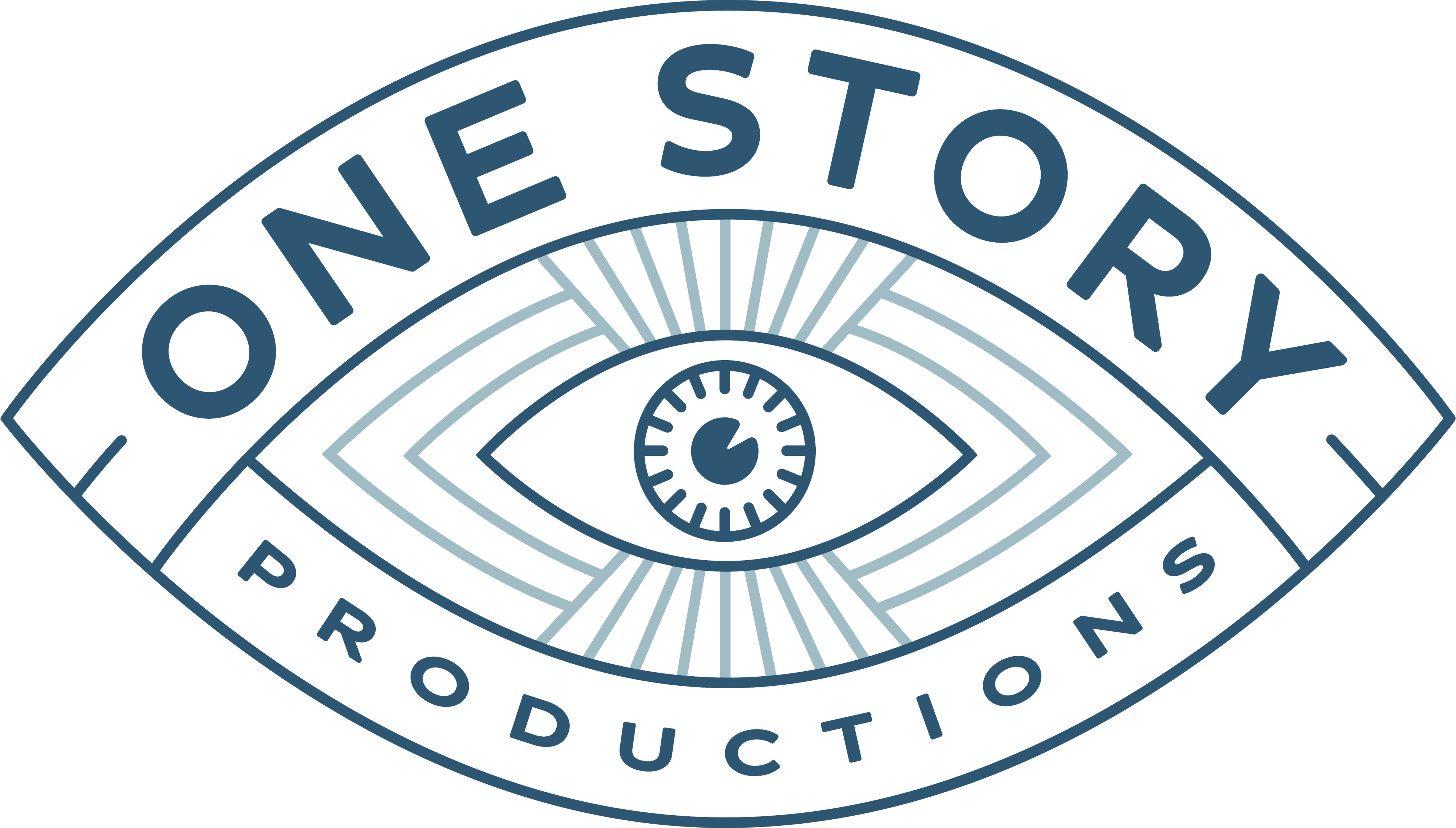Written by Noemi Ortiz.
 These days just about anyone with a smartphone can record high definition video, edit footage in user friendly apps and upload to YouTube in a matter of moments. While making a video is objectively easy, making a film that successfully reaches and impacts an audience, and increases the awareness or sales of a product or cause is entirely different. So what sets a successful marketing video apart, and what are the most common and influential mistakes people make when producing video content? WCA sat down with Aaron Weiss of One Story Productions, to explore what the key mistakes are, in his opinion, and how they can be avoided.
These days just about anyone with a smartphone can record high definition video, edit footage in user friendly apps and upload to YouTube in a matter of moments. While making a video is objectively easy, making a film that successfully reaches and impacts an audience, and increases the awareness or sales of a product or cause is entirely different. So what sets a successful marketing video apart, and what are the most common and influential mistakes people make when producing video content? WCA sat down with Aaron Weiss of One Story Productions, to explore what the key mistakes are, in his opinion, and how they can be avoided.
When it comes to planning a video, what are the key mistakes that production companies or self-shooting individuals make?
The key element to every film is the story, the purpose of the film. Although organizations may see the potential that a powerful marketing video has to expand awareness or sales, they rush the process before sitting down and answering the key questions: “Who is the intended audience?” and “What do you want them to do?” If there isn’t a story, the film will not have the desired impact. Sometimes video makers go the other way and include too much story. A film needs to be easily digestible by the audience; the call to action needs to be clear.
Is there an optimum length for marketing videos? Is making a video too long a mistake?
The perfect length of a video depends on the story it is telling. That being said, don’t make the audience wait for the selling point. A film, just like a written piece, should be front loaded to ensure the maximum amount of people are made aware of the cause or product. The marketing films we have made at One Story range from 2mins to 6mins, and our thorough scripting and planning process ensures that the content is clear and concise, but not rushed, and that the story is at the core.
What about planning the shoot. Where do people go wrong?
Although filming is an organic process, and the shoot days always happen a little differently than planned, you can never plan too much. Wherever and whenever possible draw storyboards, scout locations, double check and triple check crew or equipment or cast that you’ve booked. Issue everyone involved with a call sheet and shooting schedule so they know where to be and when. Thorough preparation is what stands high quality and effective video production apart from something that feels low budget or poorly executed.
Okay, so we’ve properly planned out our shoot. What about the shooting days?
“We can fix that in post” is the top mistake, in my book, and it’s a phrase that many an amateur filmmaker wishes they didn’t say when they get to the edit room. Filmmakers may end up concentrating more of their budget and efforts on the visual, while the audio suffers. Make sure your sound recordist is experienced or if you are the one shooting, pay attention to everything that is happening in the environment, both the audio you are trying to record and the external audio that you aren’t. When you recognize them, pause for invasive sounds like passing planes or trucks and politely ask your contributor to repeat their last sentence. Whenever possible, and this goes for visuals as well as audio, do a few takes so when it comes to editing you have options and don’t have to spend hours trying to fix something that could have easily been re-shot.
Content-wise, what are your thoughts on contributors?
The first thing that comes to mind is who you chose to represent your organization on camera. Speaking to camera is definitely a skill, and not everyone comes across naturally or confidently. Many organizations are keen on having their CEO or founder narrate their film, and whilst this is a logical choice they might not be the best person for the job. Is he/she a good storyteller or good communicator? A video isn’t effective if it doesn’t engage an audience, so most of the time it’s best to choose someone who has directly benefitted from the product or service you are telling the story about. Finding these authentic voices and relaying them through testimonial driven content can really allow an audience to connect with the messaging.
What about post production?
Well the most obvious editing error is the audio mix. Earlier, I mentioned the importance of recording high quality and consistent sound whilst filming, and equal attention must be paid in sound editing. Almost every edit has two primary audio components: voice and music. Both components are equally important parts of the story; the voices communicates content, and imparts the information, whilst the music can set the mood and the rhythm of the edit. You don’t want your audience to miss the heart of the story, because the music was too loud, or find the film to be flat because the music was too subtle. It’s all about balance.
In addition, nothing is more distracting that out of sync audio. If you’re using different footage formats or complex transitions, sometimes audio can get bumped out of sync – make sure that if this happens you split the clip so you can move the audio backwards or forwards to match back up to the video.
What do you think the overall mistake is when it comes to video production? What’s the number one way that organizations can ensure they don’t waste resources on an ineffective film?
Hire a company or individual with experience, with a portfolio that shows they know what they’re doing and can produce something exceptional for your business instead of a low-cost alternative. At One Story we work with organizations from the very beginning to ensure that their project is centered on the story they want to tell, and aimed at a specific audience. We are and work with experienced crew to consistently deliver high quality video, without cutting corners. Making effective video content is not a cheap process, and if you hire a low-cost company or individual, the chances are you’re going to end up with a low quality product.
About One Story Productions
One Story Productions is an Austin-based production company, specializing in creating video content for organizations large and small. They partner with non-profits and businesses to tell the story behind their missions. One Story Productions is proud to be a new sponsor of WCA and would like to engage the membership in thoughts about video production best-practices. One Story is led by Founder/Director, Aaron Weiss.
- Announcing Our 2016-2017 Board of Directors - May 31, 2016
- Freelance Corner: Making Impressions, Copyright FAQs and Nixing Procrastination - May 25, 2016
- Austin’s Best Kept Secrets: Swimming Holes - May 24, 2016

